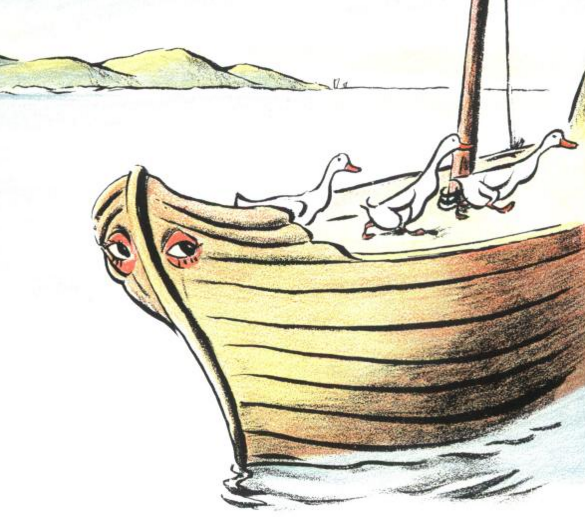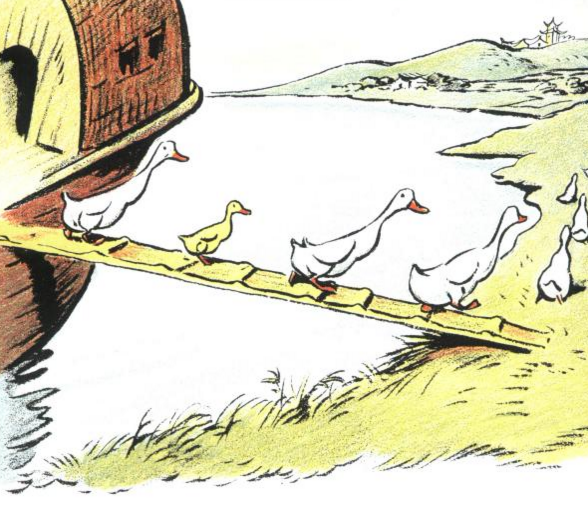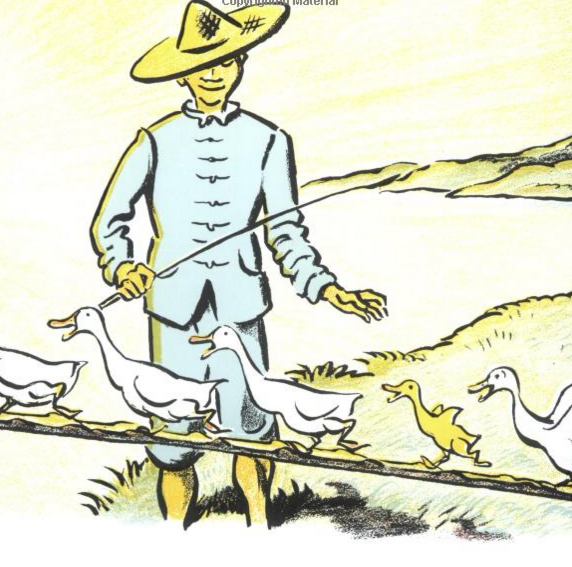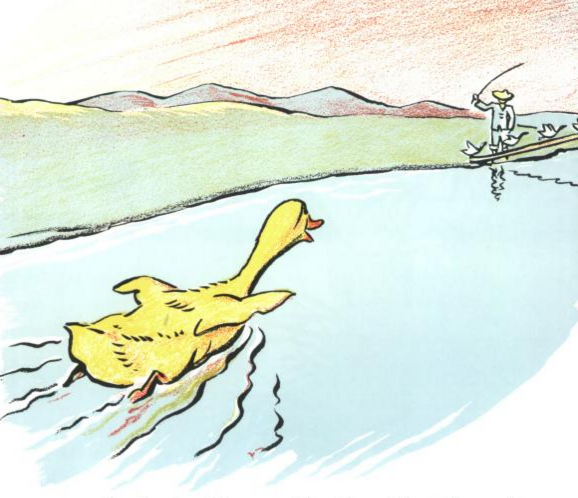Someone has reviewed this children’s book pretending it’s about the network utility ‘Ping’ and it’s very funny indeed

An Amazon reviewer has written a superbly funny review of the children’s book The Story About Ping pretending it’s really about the network utility ‘PING’.
The Story About Ping: an Amazon review
Ping! I love that duck!
Format: HardcoverPING! The magic duck!
Using deft allegory, the authors have provided an insightful and intuitive explanation of one of Unix’s most venerable networking utilities.
Even more stunning is that they were clearly working with a very early beta of the program, as their book first appeared in 1933, years (decades!) before the operating system and network infrastructure were finalized.
The book describes networking in terms even a child could understand, choosing to anthropomorphize the underlying packet structure. The ping packet is described as a duck, who, with other packets (more ducks), spends a certain period of time on the host machine (the wise-eyed boat).
At the same time each day (I suspect this is scheduled under cron), the little packets (ducks) exit the host (boat) by way of a bridge (a bridge). From the bridge, the packets travel onto the internet (here embodied by the Yangtze River).
The title character — er, packet, is called Ping. Ping meanders around the river before being received by another host (another boat). He spends a brief time on the other boat, but eventually returns to his original host machine (the wise-eyed boat) somewhat the worse for wear.
If you need a good, high-level overview of the ping utility, this is the book. I can’t recommend it for most managers, as the technical aspects may be too overwhelming and the basic concepts too daunting.
Problems With This Book
As good as it is, The Story About Ping is not without its faults. There is no index, and though the ping(8) man pages cover the command line options well enough, some review of them seems to be in order. Likewise, in a book solely about Ping, I would have expected a more detailed overview of the ICMP packet structure.
But even with these problems, The Story About Ping has earned a place on my bookshelf, right between Stevens’ Advanced Programming in the Unix Environment, and my dog-eared copy of Dante’s seminal work on MS Windows, Inferno.
Who can read that passage on the Windows API (“Obscure, profound it was, and nebulous, So that by fixing on its depths my sight — Nothing whatever I discerned therein.”), without shaking their head with deep understanding. But I digress.
Source: Amazon.com






